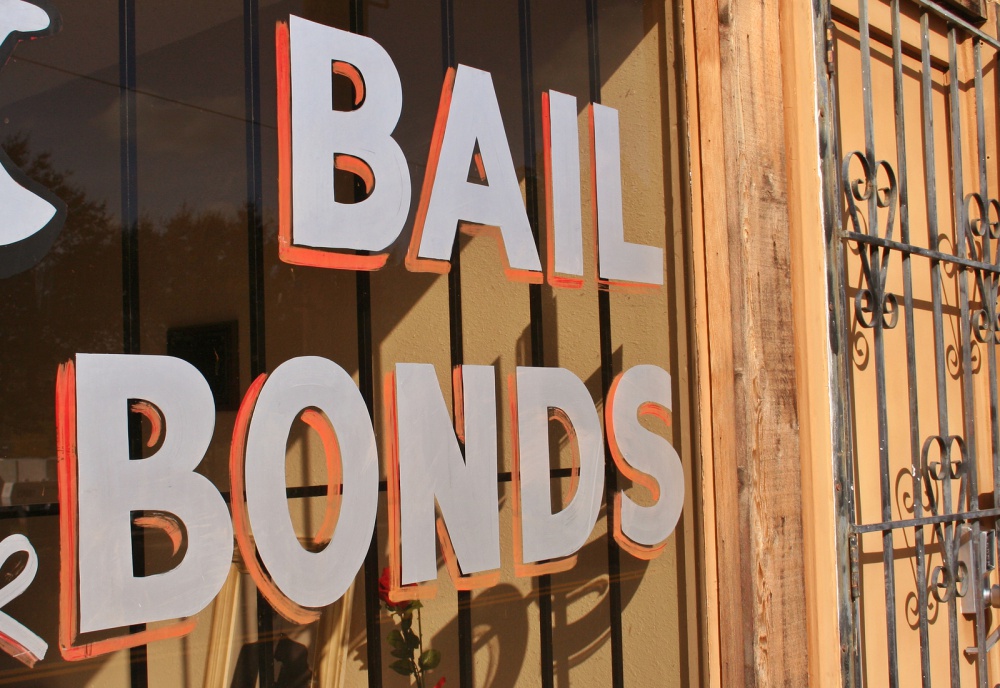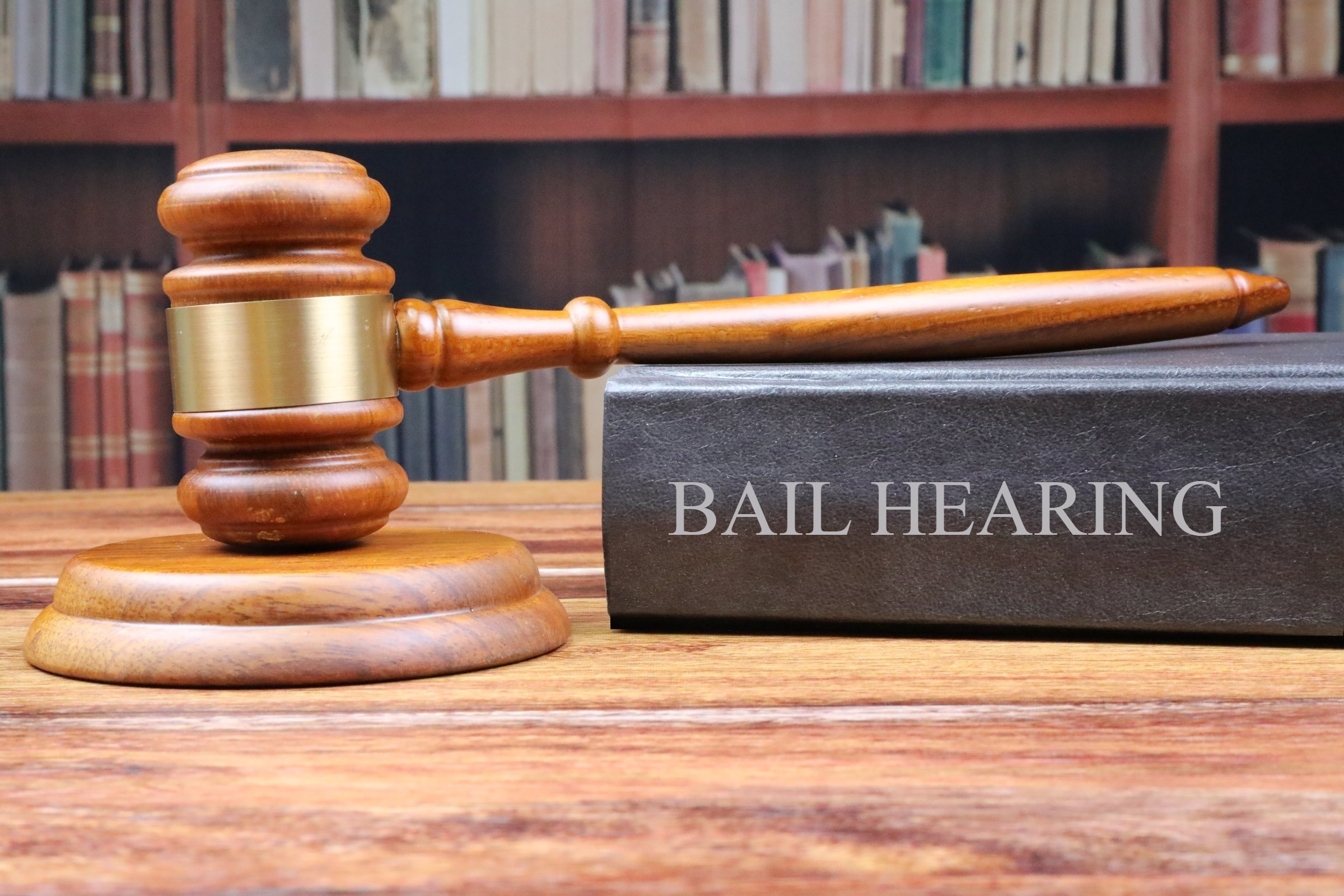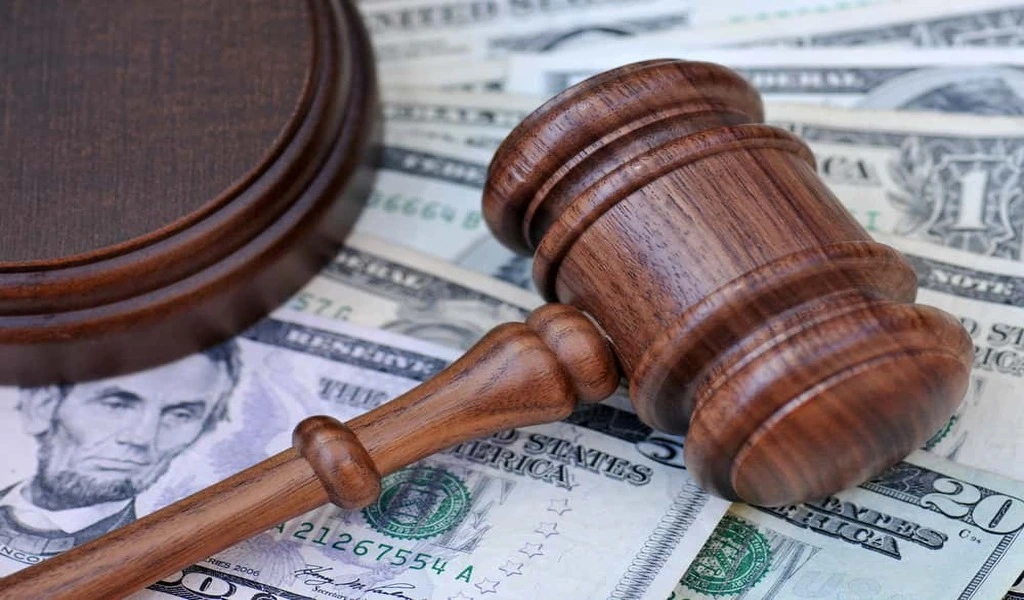Legal
Bail: Key Facts to Know Before It’s Too Late

Facing the potential of getting arrested may be a scary experience, regardless of the circumstances. There is a great deal of uncertainty and questioning in today’s world. The concept of bail is often known as one of the most pressing concerns that people have. We are here to shed some light on this complex process, with a focus on how it works.
What Is Bail?
Let’s first define what bail truly is. A person who has been arrested may be freed from prison while they wait for their court appearance via a legal procedure known as bail. You may consider it a type of insurance; it is intended to assist you in enhancing the likelihood that the accused person will appear in court on the dates that have been set for them.
However, the procedure may be difficult to understand and is replete with nuances. Not only is it essential to have a clear understanding of the meaning of the word “bail,” but it is also essential to be aware of who is eligible for bail and how the amount of bail is found.
Posting bail is not a form of punishment. The amount of bail set does not decide whether a person is innocent; rather, it is the fact that they appear in court. Nonetheless, the nature of the offense may be considered when determining whether to schedule the defendant’s appearance in court.
What is a Bail Hearing?
The first court appearance is when a person’s bail is set. It is typical for the court to set bail in line with the county bail schedule. Any party may seek a formal bail hearing to secure a higher or lower bail sum. The prosecutor must be given at least 48 hours’ notice before a formal bail hearing.
Both the prosecution and the defense may present evidence during a bail hearing. This may include verbal or written declarations, as well as other information that the court will evaluate.
How to Determine the Bail Amount
A court will examine numerous criteria while making this decision, including:
- The Nature of the Charges. If the court decides to set bail, it will be raised according to the seriousness of the offense. Most of the time, people accused of committing offenses that are considered highly harmful or dangerous are not permitted to post bail; instead, they must stay in jail until their hearings.
- The Defendant’s Flight Risk. It refers to the potential that a defendant may try to avoid justice. Some of the factors considered include the defendant’s past and previous criminal activity, the defendant’s financial situation and ability to leave the area, and who (if anybody) the defendant would live with before the trial. When there is a good probability of fleeing, bail is either very high or not given.
- The Defendant’s Prior Criminal History. If a person has a history of several prior convictions, the court may find that they are likely to commit more crimes. If this is the case, the bail may be either very high or rejected.
What Are Bail Bonds?
When a person who has been arrested cannot pay bail, he or she might hire a bail bond agent, also known as a “bondsman” or a “surety agent.” The normal arrangement is for the defendant (or someone acting on their behalf) to pay the bail bond agency 10% of the total bail sum.
The bondsman then posts the whole bail money. So, if bail is set at $10,000 and the defendant employs a bail bond agency to pay bail money (also known as “pagar fianza carcel” in the Hispanic community), the defendant pays $1,000 to the agent, who then posts $10,000 with the court.
Who Qualifies for Bail?
Not everyone who is arrested for a crime is required to post bail, and it is often reserved for more severe offenses. However, certain persons suspected of capital offenses, severe crimes, or sexual assault will not be granted bail. The judge may also release you on your recognizance, which means you commit to returning for all future court hearings and do not have to post bail.
Final Words
After the defendant has fulfilled all his or her obligations to appear in court on the charges, bail is put at the local jail and held until the defendant has finished all those tasks. If the defendant does not violate the terms of the bond, the money on bail is returned to him or her when the procedures are completed. If the defendant is proven guilty, they will be repaid the money.
However, the court may use the bond profits to pay any outstanding fines, court-related expenses, or restitution. After those fees are paid, the defendant will get any balance that remains after the charges are deducted. This often occurs one to two weeks after the criminal case has been completed.
































